Fall is a beautiful season with colorful leaves, cozy sweaters, and pumpkin spice lattes, as well as bringing shorter days and longer nights, which can affect your sleep quality and quantity. According to the National Sleep Foundation, daylight saving time (DST) ends on the first Sunday of November in most parts of the U.S., which means we turn our clocks back one hour and gain an extra hour of sleep. However, this also means that the sun sets earlier and rises later, disrupting our natural circadian rhythm or internal body clock.
The circadian rhythm is a 24-hour cycle that regulates several bodily processes, including hormone secretion, body temperature, metabolism, and sleep-wake cycle. It is influenced by external cues, such as light and darkness, as well as internal factors, such as genetics and age. When the days get shorter and the nights get longer, our circadian rhythm may get out of sync with the actual time, causing us to feel sleepy earlier or later than usual, or have trouble falling asleep or staying asleep.
Therefore, it is important to maintain a healthy sleep routine and environment during the fall season. Here are some tips to help you have a restful night’s sleep as the days go shorter in the fall:
Stick to a Regular Sleep Schedule

One of the best ways to keep your circadian rhythm in sync with the actual time is to go to bed and wake up at the same time every day, even on weekends or holidays. This will help your body adjust to the time change and establish a consistent sleep pattern.
Avoid Napping During the Day

Although napping could be beneficial for some people who are sleep deprived or have irregular schedules, it can also interfere with your nighttime sleep if you nap too long or too late in the day. Napping can reduce your sleep drive or the need for sleep at night, making it harder to fall asleep or stay asleep. If you do need to nap during the day, limit it to 20 minutes or less and avoid napping after 3 p.m.
Expose Yourself to Natural Light

Light is one of the most powerful cues for your circadian rhythm, as it tells your brain when to be alert and when to be sleepy. Exposure to natural light in the morning can help you wake up and feel energized, while in the evening, exposure can help you adjust to the earlier sunset and prepare for bedtime. Try to get at least 30 minutes of natural light exposure every day, preferably within two hours of waking up and two hours before going to bed. You can do this by opening your curtains, going outside for a walk, or sitting near a window.
Create a Relaxing Bedtime Routine

Another way to signal your brain that it is time for sleep is to have a relaxing bedtime routine. This can include activities that calm your mind and body, such as reading a book, listening to soothing music, meditating, or doing some gentle stretches. Avoid activities that stimulate your brain or body, such as watching TV, checking your phone, working on your laptop, or exercising vigorously.
Make Your Bedroom Dark and Quiet

Light and noise are two of the most common factors that can disrupt your sleep. Light can suppress the production of melatonin, a hormone that regulates your sleep-wake cycle. Noise could also keep you awake or wake you up during the night. Therefore, it is important to make your bedroom as dark and quiet as possible.
To block out light, you can use curtains, blinds, or shades that are thick and opaque. You can also wear an eye mask that fits snugly and comfortably on your face. A good eye mask can help you create a personal dark space and relax your eyes. One example of a high-quality eye mask is the RENPHO EyeSnooze Sleep Mask, which combines an eye mask with Bluetooth headphones. It can help you block out light and noise, play relaxing sounds or music, and massage your eyes with gentle vibrations.
To block out noise, you can use earplugs, a fan, a humidifier, or a white noise machine that can mask any disturbing sounds. You can also use headphones that can play soothing sounds or music that can help you fall asleep faster and deeper.
By making your bedroom dark and quiet, you can create a conducive environment for sleep and improve your sleep quality and quantity.
Renpho Health Tips
-
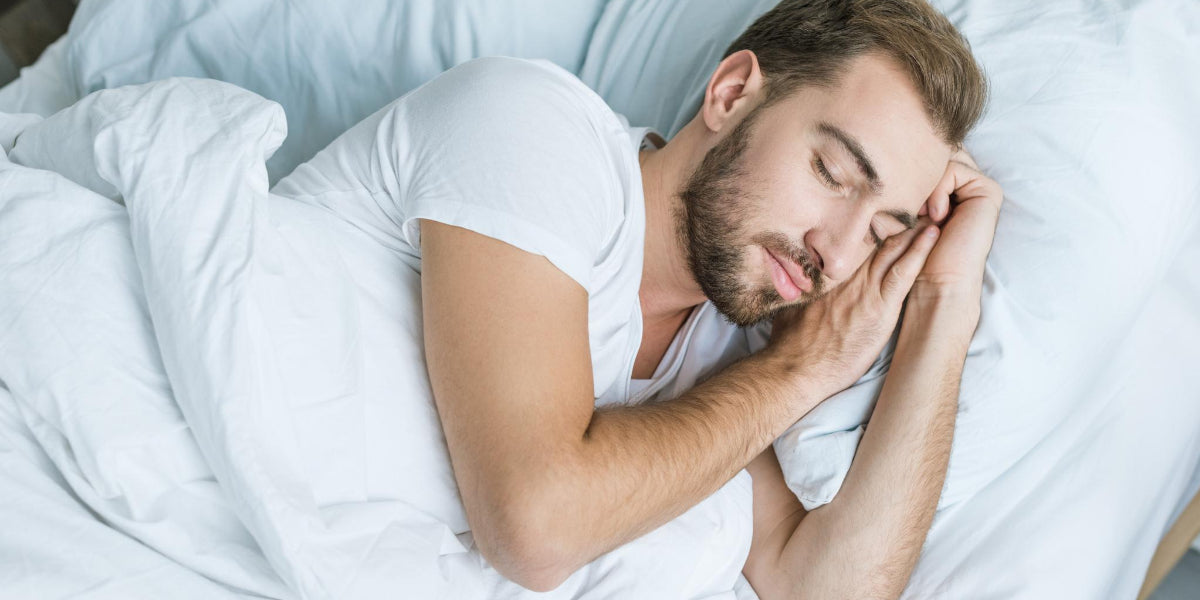
Tips for Sleeping Well During Holidays
December 13, 2022
Read more >
-
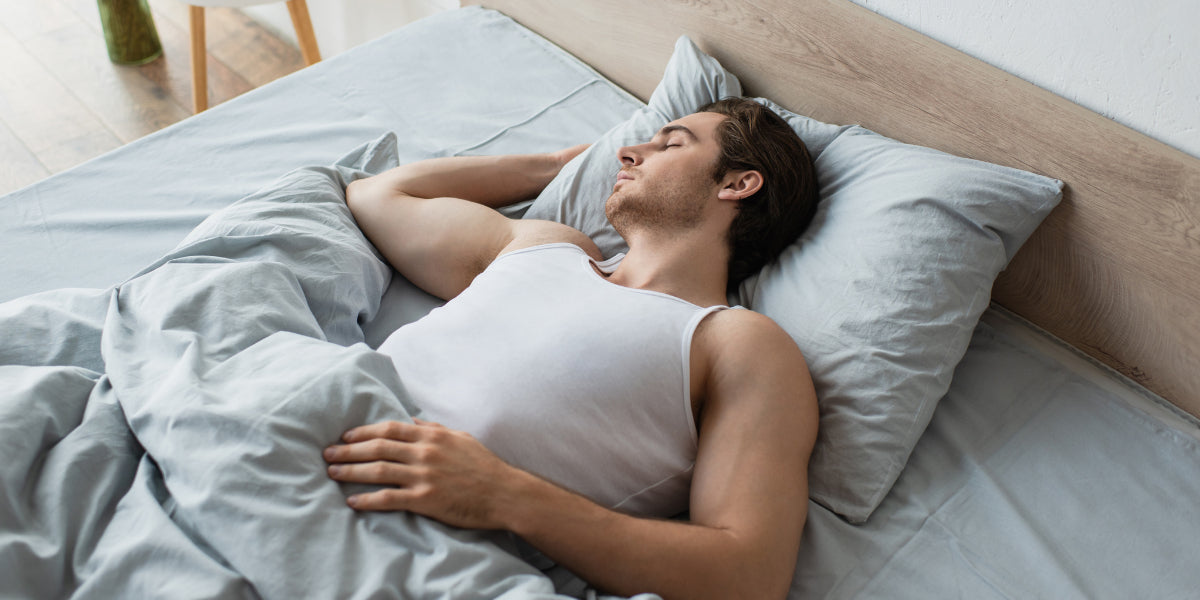
Rest for Wellness: Linking Sleep and Mental Health
July 9, 2023
Read more >
-
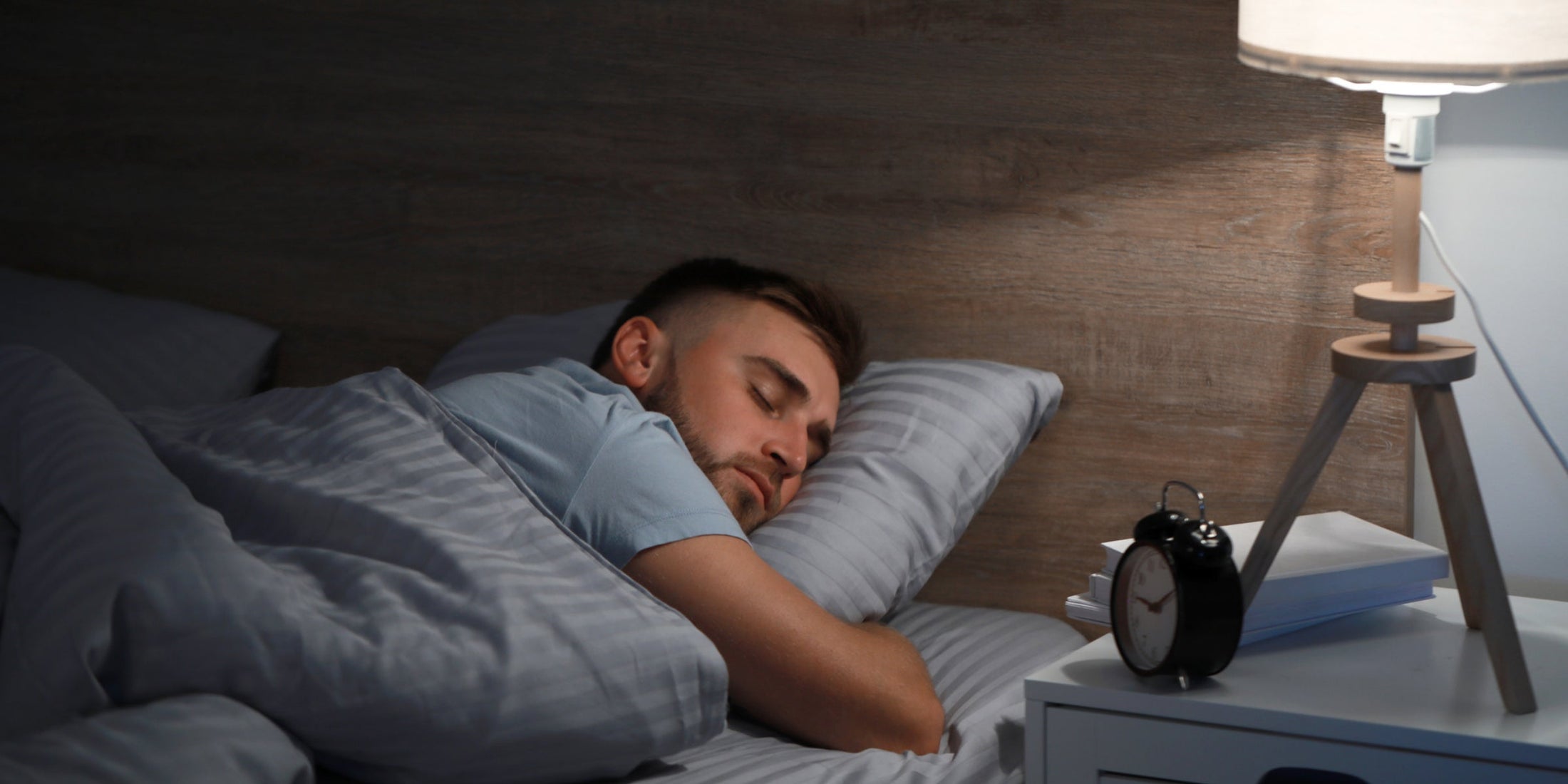
The Connection Between Massage Guns and Better Sleep
May 22, 2023
Read more >
-
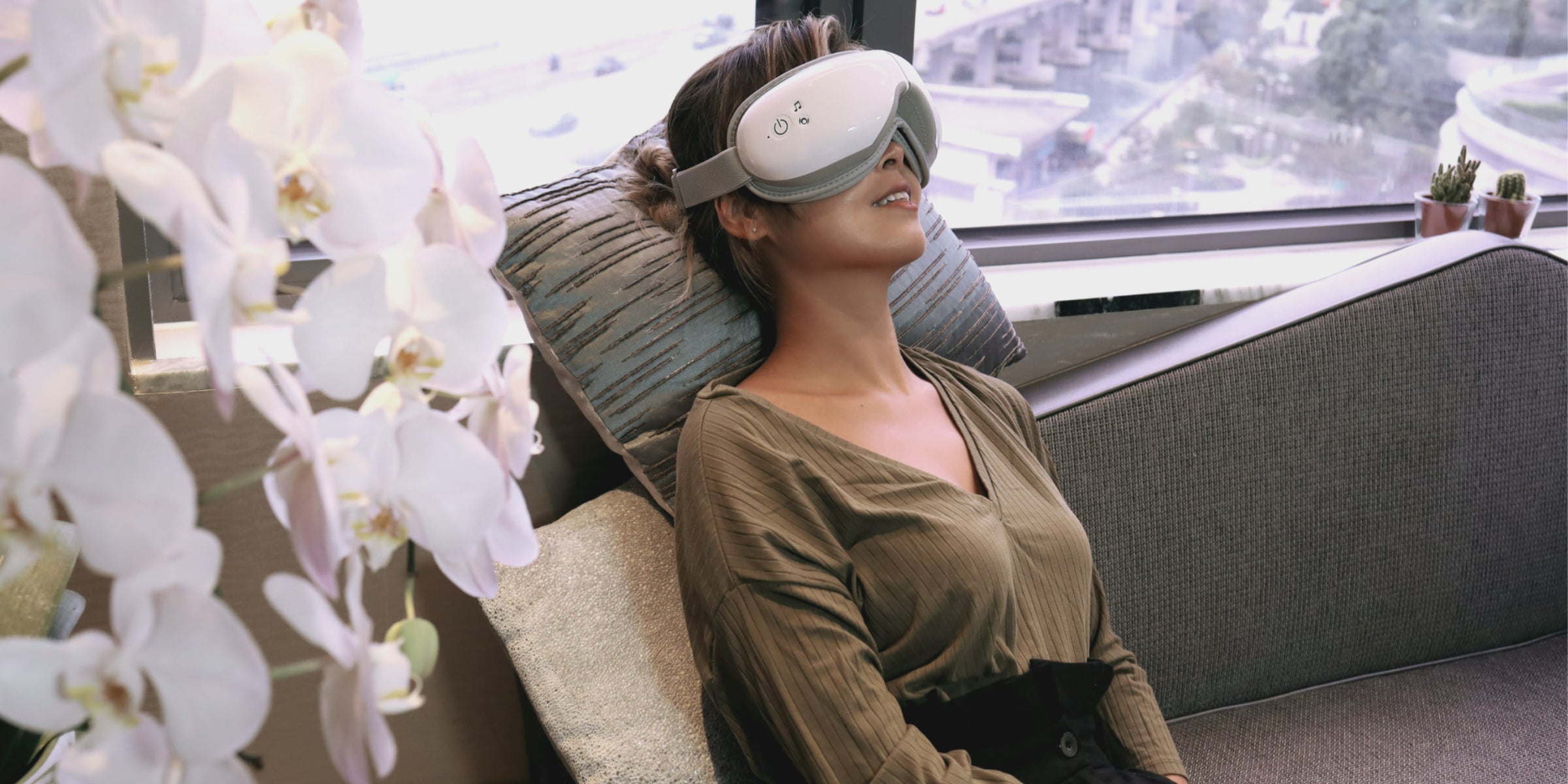
How to Use Eye Massager for Stress Relief and Better Sleep
May 21, 2023
Read more >
-
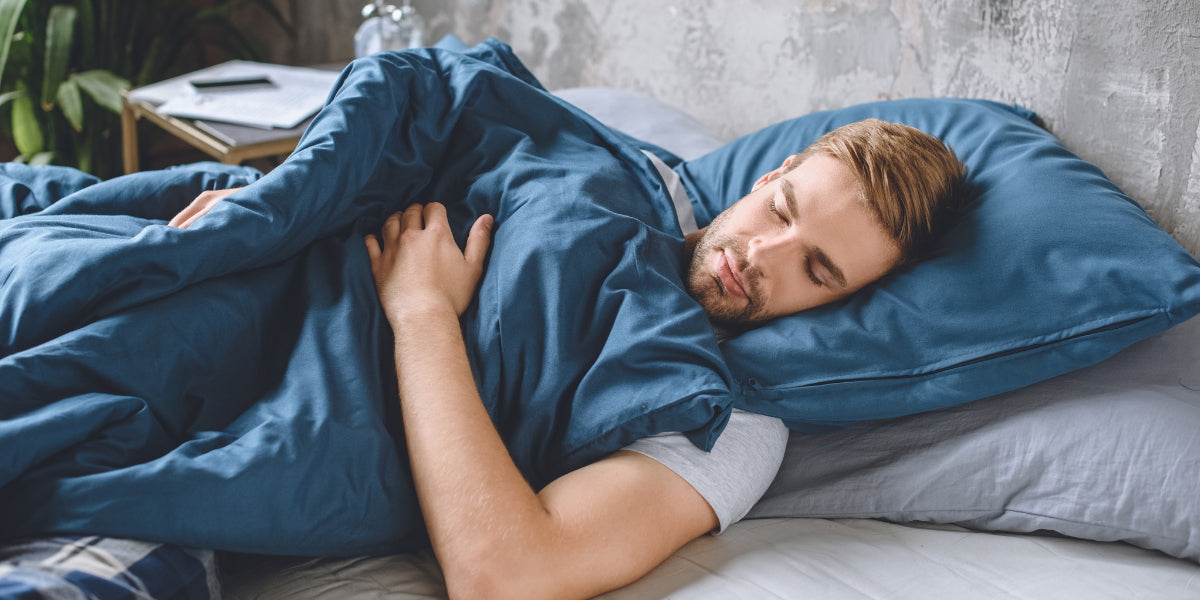
Tips for a Good Night's Sleep This Spring: Understanding Your Body Clock
March 14, 2023
Read more >




































